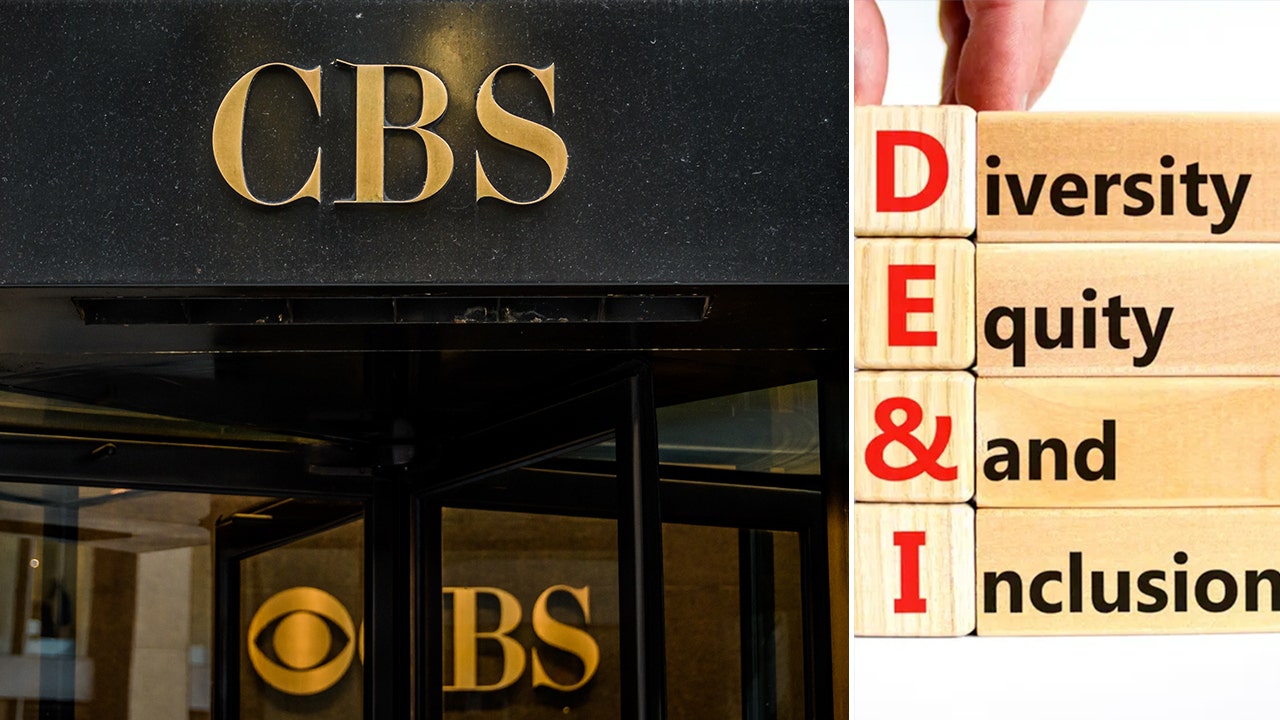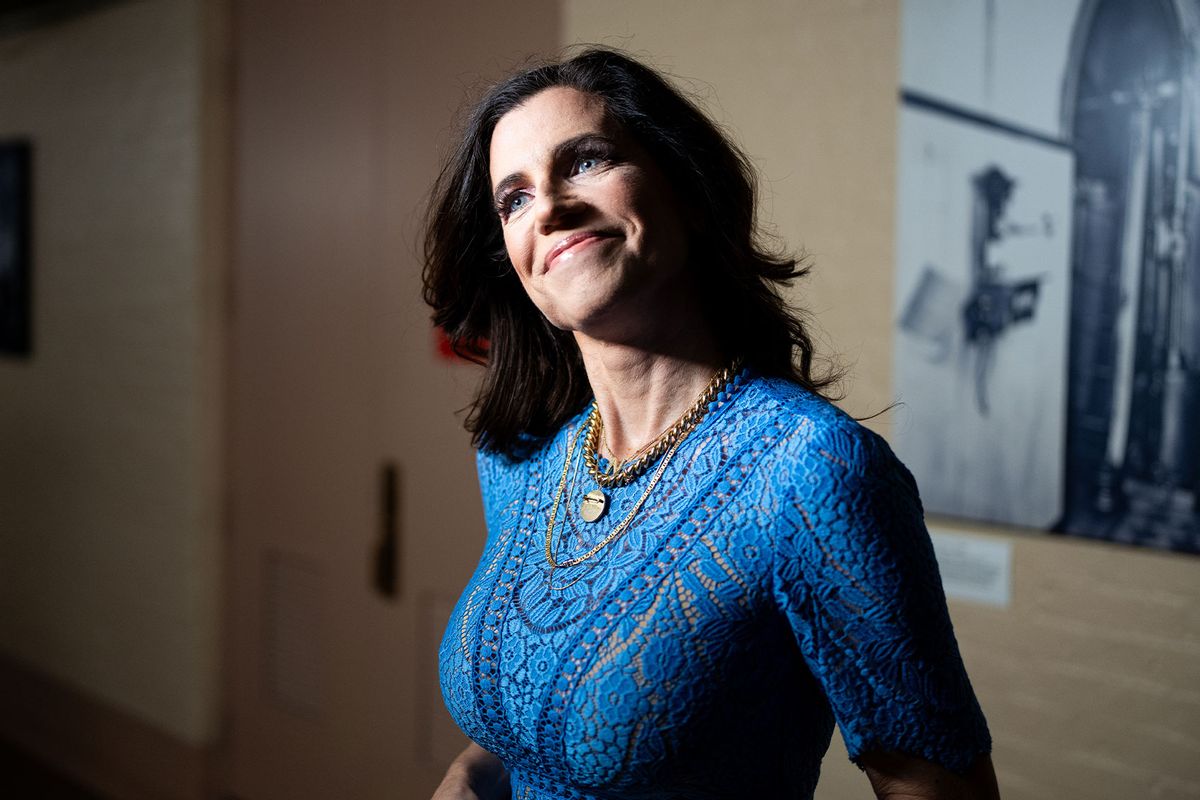Slain at the hands of strangers or gunned down by loved ones. Massacred in small towns, in big cities, inside their own homes or outside in broad daylight. This year’s unrelenting bloodshed across the U.S. has led to the grimmest of milestones: The deadliest six months of mass killings recorded since at least 2006.
From Jan. 1 to June 30, the nation endured 28 mass killings. With the exception of a deadly arson case in Louisiana, all of the incidents have involved guns.
“What a ghastly milestone,” said Brent Leatherwood, whose three kids were in class at a private Christian school in Nashville on March 27 when a former student killed three children and three adults. “You never think your family would be a part of a statistic like that.”
Leatherwood, a prominent Republican in Tennessee, a state that hasn’t strengthened gun laws, believes something must be done to get guns out of the hands of people who might become violent. The shock of seeing the bloodshed strike so close to home has prompted him to speak out.
A mass killing is defined as an occurrence when four or more people are slain, not including the assailant, within a 24-hour period. A database maintained by The Associated Press and USA Today in partnership with Northeastern University tracks this large-scale violence dating back to 2006.
The 2023 milestone beat the previous record of 27 mass killings, which was only set in the second half of 2022. James Alan Fox, a criminology professor at Northeastern University, never imagined records like this when he began overseeing the database about five years ago.
“We used to say there were two to three dozen a year,” Fox said. “The fact that there’s 28 in half a year is a staggering statistic.”
‘Hopefully it was just a blip’
The chaos of the first six months of 2023 doesn’t automatically doom the last six months. The remainder of the year could be calmer, despite more violence over the July 4th holiday weekend.
“Hopefully it was just a blip,” said Dr. Amy Barnhorst, a psychiatrist who is the associate director of the Violence Prevention Research Program at the University of California, Davis.
“There could be fewer killings later in 2023, or this could be part of a trend,” she said.
Experts like Barnhorst and Fox attribute the rising bloodshed to a growing population with an increased number of guns in the U.S.
Yet for all the headlines, mass killings are statistically rare and represent a fraction of the country’s overall gun violence. In 2021, the most recent year tracked in its entirety, there were more deaths from suicides than homicides involving guns, according to the Centers for Disease Control.
“We need to keep it in perspective,” Fox said.
Graphic video of a mass shooting in Texas circulated on Twitter for hours and, in some cases, days. About That producer Lauren Bird explores the debate over which rules should govern online content — and who should enforce them.
New legislation not always forthcoming
But the mass violence most often spurs attempts to reform gun laws, even if the efforts aren’t always successful.
Tennessee Gov. Bill Lee, a Republican, had urged the General Assembly in the wake of the Nashville school shooting to pass legislation keeping firearms away from people who could harm themselves or others, so-called “red flag laws,” though Lee says the term is politically toxic.
The Nashville shooter used three guns in the attack, including an AR-15-style rifle. It was one of at least four mass killings in the first half of 2023 involving such a weapon, according to the database.
Despite the unprecedented carnage, the National Rifle Association maintains fierce opposition to regulating firearms, including AR-15-style rifles and similar weapons.
“Joe Biden and Kamala Harris’ constant efforts to gut the Second Amendment will not usher in safety for Americans; instead, it will only embolden criminals,” NRA spokesman Billy McLaughlin said in a statement. “That is why the NRA continues our fight for self-defence laws. Rest assured, we will never bow, we will never retreat, and we will never apologize for championing the self-defence rights of law-abiding Americans.”
Leatherwood, a former executive director of the Tennessee Republican Party and now the head of the influential Southern Baptist Convention’s public policy arm, wrote a letter to lawmakers asking them to pass the governor’s proposal.
Leatherwood said he doesn’t want any other family to go through what his children experienced at the time of the shooting when they were in kindergarten, second grade and fourth grade. One of his kids, preparing for a recent sleepaway camp, asked whether they would be safe there.
“Our child was asking, ‘Do you think that there will be a gunman that comes to this camp? Do I need to be worried about that?”‘


















Discussion about this post